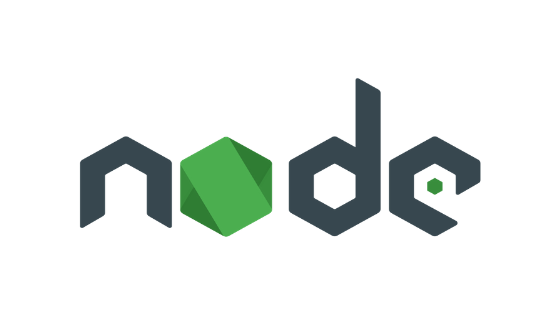When it comes to web app development, JavaScript has grown more popular over the years with the introduction of Node.js and frameworks like AngularJS and ReactJS. But, while there are plenty of advantages to choosing this platform, like ease of use, versatility and cost-effectiveness, there are also some drawbacks that should be considered before diving in head first.
As an increasingly popular server-side scripting language, Node.js is great for web app development, with its event-driven architecture and ability to use JavaScript both client and server side. Of course, as with any programming platform, Node also has its drawbacks, especially from the perspective of someone building a web application.
What is Node.js?
Node.js is a platform built on Chrome's JavaScript runtime for easily building fast, scalable network applications. Node.js uses an event-driven, non-blocking I/O model that makes it lightweight and efficient, perfect for data-intensive real-time applications that run across distributed devices.
The advantages of Node.js
Robust technology stack
Node.js is an emerging technology that can help you launch a web app more quickly than ever before. However, it's important to understand the pros and cons of using this framework in your project so that you don't run into any trouble down the line. You'll want to make sure to choose a robust technology stack for your project so that you can take advantage of all of Node's benefits without being restricted by its limitations.
Fast-processing for web-tasks
Node.js is a web app framework that allows for fast processing for web-tasks such as live-streaming, online gaming, or any other web process you can think of. It is also great for tasks with large amounts of data to handle, which makes it well-suited for large networks like Facebook or Twitter.
Scalable technology for microservices
Node.js is a scalable technology for microservices that can be used to develop complex web apps, like Facebook Messenger or Skype, at a high level of efficiency by using JavaScript on the front end and a number of other languages on the backend. This makes it an attractive option for developers who are looking to start a business in this field, but it also has some drawbacks that need to be accounted for when making the decision to use Node in your app's design.
Rich ecosystem
Node.js is a very popular web app development framework because it's simple to use, has a rich ecosystem, offers scalability, and speeds up the development process. However, there are some downsides to using Node.js for building your web app: it can be difficult to debug when there are errors in code, debugging requires more advanced tools like Chrome DevTools or Firebug; it can also be slow if you don't know how to optimize your code.
Strong corporate support
One of the best things about Node.js is that it has a strong corporate support network, which means more resources for you to learn how to code with this language! This can be great for those just getting started with web app development, but it also means that there's a lot more competition out there since anyone can get involved in coding with node.js.
Seamless JSON support
Node.js includes seamless JSON support, which is great for developers who work with JSON data structures all the time but comes with a cost: memory usage. In fact, running a simple Hello World server on Node.js can consume over 1 GB of RAM!
Disadvantages of Node.js
Performance bottlenecks with heavy computation tasks
Node is an event-driven server framework that enables high scalability, but it has been reported to have performance bottlenecks with heavy computation tasks. As a result, JavaScript developers may need to investigate alternatives if they are concerned about the speed of their application. It's important to note that Node is not meant for real-time applications like video games or Skype chats where computation needs are always running in the background; it's best suited for back-end development with simple data queries and updates.
Callback hell issue
One issue with using node.js is the callback hell issue, which arises when an application becomes nested with functions that need to be called in succession in order to complete a task, such as reading an image or fetching a file. This can lead to a point where there are too many layers of callbacks and it's difficult to track the order in which they need to be called, causing errors when the web app doesn't function correctly.
Immature tooling and dependency management
Node.js has great potential and is a capable tool for developing web apps, but there are some areas where it falls short of the competition. The immature tooling and dependency management can be a major pain point in development, and less-than-stellar performance on large apps can also be an issue if you run into memory problems.
Conclusion
Node JS is an emerging technology that is quickly gaining traction in the web app programming world. There are many benefits to using Node JS, but there are some drawbacks as well, such as not being able to work with large datasets easily. The best Node.js development services provider company can advise you on how to decide whether this is the right technology for your project - or if it would be better to use something else.
Node.js is a framework that can simplify the development process for web applications, but there are some drawbacks as well. It's important to weigh the pros and cons of any programming language before deciding to use it in your app's development cycle, so as to avoid any major issues down the line.
Read Also
Best Web Development Frameworks in 2023
Top 10 Web Development Project Ideas to Keep You Busy
6 Ways to Use Node.js for Web Development
Why is Web Application Development Important for Enterprises?






0 comments:
Post a Comment